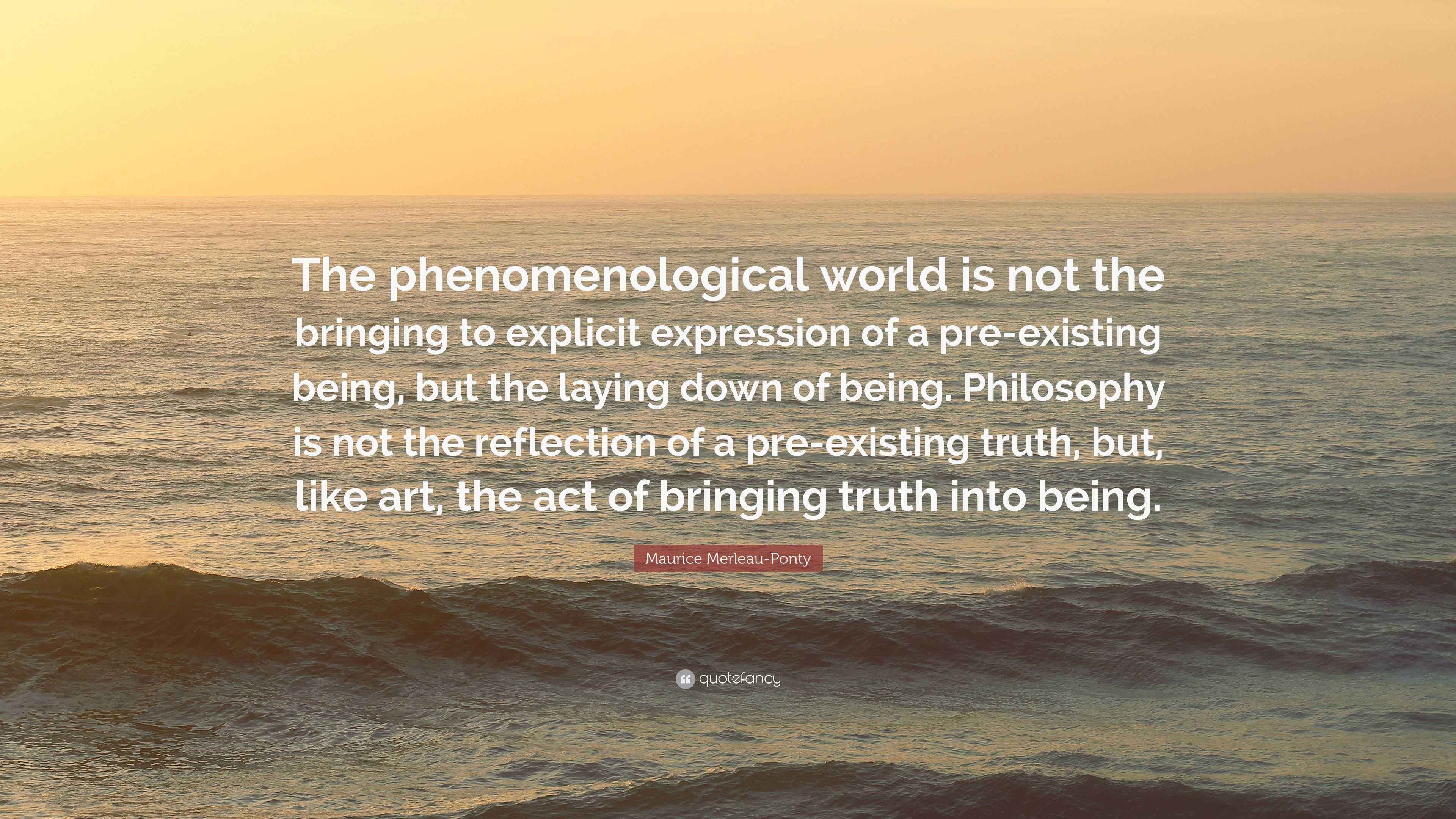John K
Donor
- MBTI
- INFJ
- Enneagram
- 5W4 549
So it’s not that there is a such a thing as a concept “prior to” its being named, but rather than the naming of it signals that a former cloud of experiences which our intuition had brought together as sharing family-like features has been formally made sense of – as a concept. This obviously differs very much from @John K's position, which I think is more Kantian/Platonic in spirit, according to which the pure form of concepts must somehow exist in us as a cognitive precondition of concepts being made sense of linguistically.
I’ve been thinking about this over the last day and I’m not sure if we are that far apart in reality. Fundamentally it comes down to what we mean by language. All my mental experiences are symbolic, in the sense that they are artefacts of the way my mind structures both my perception and my responses to it - this includes both outer and inner world perceptions. The symbols are the mental structures that words attach to, but for me the words are merely arbitrary labels, not the contents, and I could change the labels without any damage. This is most obvious with proper names - I'd still be the same person if my given name were Bill, or Dave, or X3125. English seems to have quite a lot of synonyms for things - the London Underground is also the Tube, dispossession can be forfeiture, belongings can be possessions. OK sometimes there are finely nuanced differences of meaning between synonyms, but a lot of the time they are used interchangeably. I often replace a word with one of its synonyms in something I'm writing in order to avoid over repeating an expression (just done it there for example) - even if the synonym is not a precise fit, often the context will force it into the meaning I intended at the outset showing that the word does not constrain the symbol content but actually it's the other way round. Again, if the word is primal, how could "gay" or "sophisticated" come to label things so radically different from what they used to refer to. And of course metaphors are a major example of ways of refering to meaning by allusion rather than by using the most closely related word or words. So I think the main difference between us is that you have fixed labels on all your boxes, but I don't, and you equate the contents of the box with the label while I just think of it as a convenient but arbitrary handle when it has one. Either way, the manipulation of the symbol boxes is the same and the difference probably lies in how we describe it rather than how it actually is - we are probably just experiencing different aspects of the same process. I also lack your much more detailed knowledge of the philosophical foundations of all this - there's going to be a rough edge to my thinking, and my expression of it in comparison to your own, that will cloud the precision of what I'm trying to express.
Something that has been puzzling me since thinking about language this last day or two - there may be a case for saying that all words are universals as they appear in, say, a dictionary or thesaurus: they represent what each encapsulated little bit of meaning has in common when abstracted from a specific context. Just wondering if the philosophy of language deals with this sort of thing ........ it would certainly be bad news for any philosophy that denies universals. Perhaps it could also imply that a dictionary is a Platonic artefact






